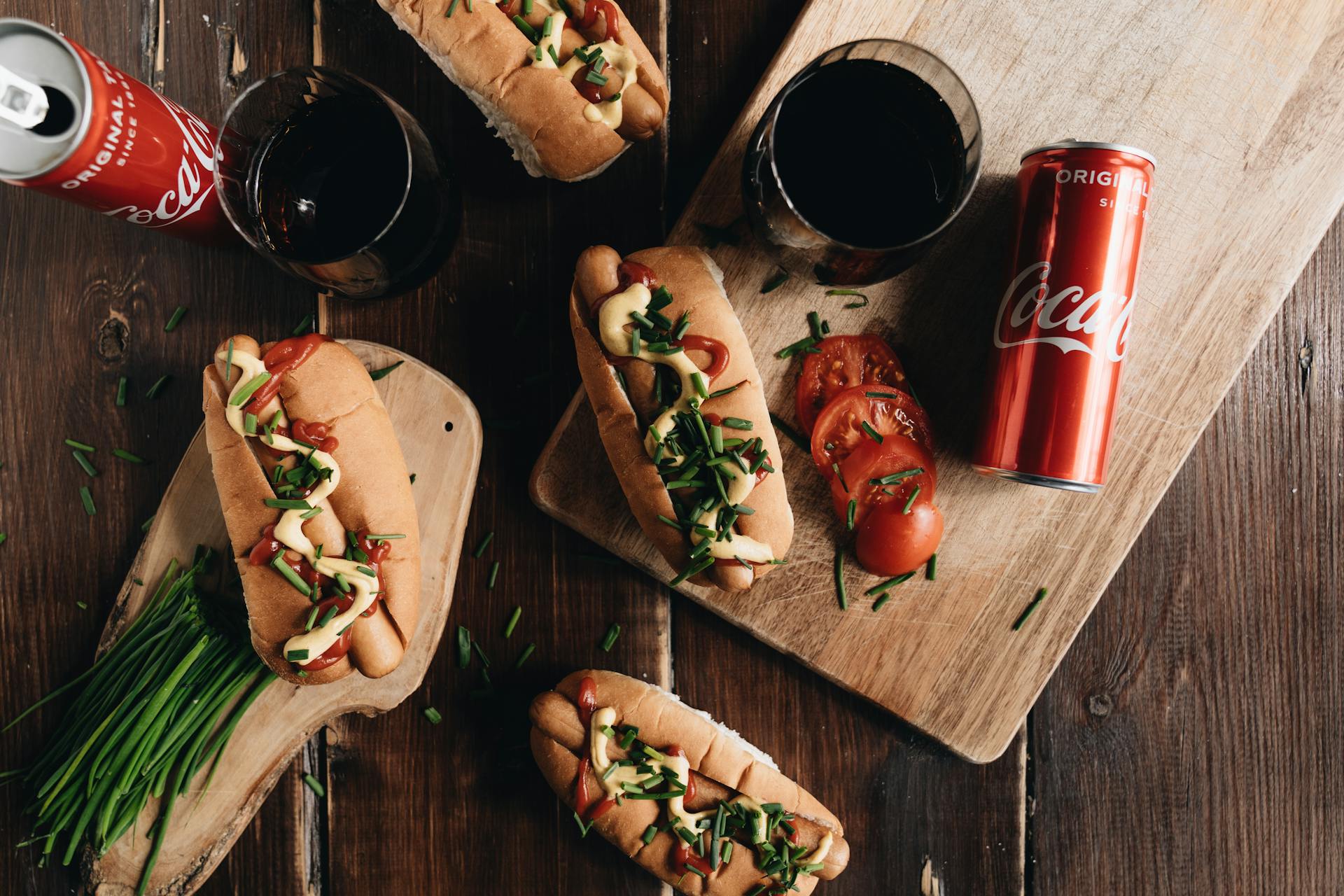As a consumer group, Gen Z has very specific preferences and expectations – and the cohort’s young members aren’t afraid to let businesses know exactly how they feel. This tech-savvy and socially conscious generation has increased purchasing power with each passing day.
The food and beverage industry must cater to Gen Zers’ unique needs to improve customer satisfaction. Below are a few essential strategies that businesses can use to appeal to Gen Z customers’ evolving preferences.
Improve mobile ordering
Gen Zers carry out over 32% of their transactions through mobile devices. To ensure greater customer satisfaction, the food and beverage industry can incorporate modern technology, such as easy-to-use mobile applications for ordering and delivery, digital loyalty programs, promotional campaigns, and self-service kiosks in restaurants.
Convenience is of paramount importance to the Gen Z market, and businesses can establish a strong bond with them by offering hassle-free and convenient experiences through the use of technology.
Prioritize sustainability
A significant portion of the Gen Z demographic is deeply invested in sustainable practices, especially when it comes to environmental concerns, fair trade, and other ethical considerations. Approximately 33% of these consumers make conscious purchasing decisions based on sustainability when it comes to purchasing food and beverages. Additionally, 50% of them firmly believe that their personal choices can make a positive impact on the environment. It’s also been shown that 73% of Gen Z consumers believe it’s important for brands to raise awareness and take a stand on societal issues.
As a result, food and beverage companies should prioritize sustainability by using eco-friendly products and packaging, sourcing ingredients produced locally, and implementing recycling programs. They can also benefit satisfaction from Gen Z customers by supporting fair trade and social responsibility work to establish a stronger connection with them.
Use social media craftily
To build brand loyalty and improve customer satisfaction, it’s important for F&B businesses to engage with them on social media platforms. About 80% of adults from Gen Z enjoy watching or interacting with food content on social media. What’s more, 41% of Gen Z members would choose a brand that delivers timely, responsive customer care over a competitor, according to sproutsocial.com.
This customer segment spends a lot of time on social media, so businesses can create engaging content, share behind-the-scenes glimpses, run interactive polls, and collaborate with Gen Z influencers. Additionally, leveraging user-generated content and responding to customer feedback and inquiries can foster a sense of community and strengthen relationships with this demographic.
Promote authenticity
This youthful generation also prioritizes authenticity and transparency when it comes to brands. They desire sincere relationships with companies and anticipate truthful communication. For food and beverage businesses, openness about sourcing practices, ingredients, and nutritional information can improve customer satisfaction.
Disclosing the narratives behind products, showcasing local suppliers, and allowing access to comprehensive product details can establish trust and loyalty with Gen Z consumers.
Provide personalization
According to the World Advertising Research Centre, 53% of Gen Z customers want brands to offer customized products. To cater to the preferences of this younger generation, which places a high value on individuality, establishments can implement features that allow customers to customize their meals or drinks. Such personalization can include options to build their own meals or choose from various add-ons and toppings.
Additionally, recommendations based on dietary restrictions or preferences can be integrated into the ordering process, providing customers a more streamlined and enjoyable experience.
Embrace AI
By utilizing data-driven insights and AI technology, businesses can gain a deeper understanding of their young customers’ preferences and habits. Interactive menu experiences, such as virtual or augmented reality, can also add excitement to the dining or drinking experience.
By embracing these innovative technologies and catering to the unique preferences of the younger generation, food and beverage establishments can stay relevant and competitive in an ever-evolving industry. To succeed in a highly competitive market, it’s crucial to understand the distinctive requirements and preferences of Gen Z.
Editor’s note: Ben Gaskill is the co-owner of Everest Ice and Water Systems. With over 25 years of experience in sales management and training, Gaskill has an accomplished background in business development.
The Food Institute Podcast
Can direct-to-consumer brands succeed in the food industry? Dr. James Richardson, owner of Premium Growth Solutions and author of Ramping Your Brand, returns to The Food Institute Podcast to talk through the challenges facing most food brands in the DTC space, and how an omnichannel approach may be the best way to ensure your food brand can grow successfully.












